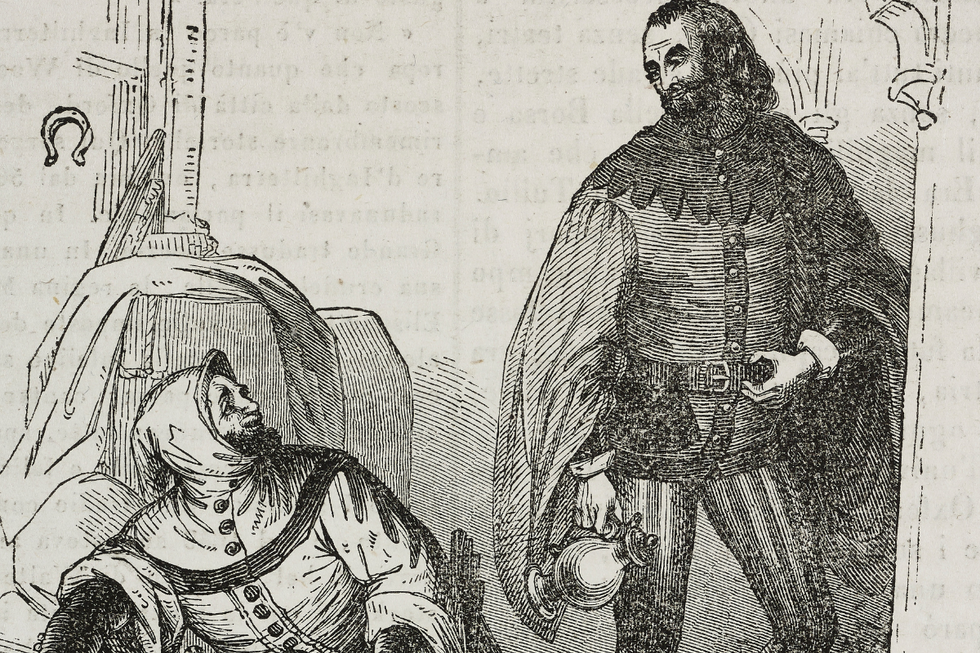Woke university adds trigger warnings on for biology students studying ‘graphic’ images of human anatomy
A “woke” university has added trigger warnings for biology students studying “graphic” images of human anatomy.
Students studying life sciences at Reading University received the alert when they were set to study “challenging” areas which could “upset” them.
The students were also informed that they would require consent from their peers before they performed practice clinical exams – involving “physical contact through clothing”.
Those who feel “uncomfortable” performing such exams “can either observe or work on their own body”.

It adds: “Every week will include potentially graphic images or videos showing the human body, as well as content on specific health conditions or diseases/death.”
In response, medics have hit out at the trigger warning, claiming that it might be detrimental to students’ “preparedness” in their future career.
“This trigger warning scenario is actually creating the problem they’re trying to avoid,” NHS GP Dr Renee Hoenderkamp told The Sun.
She added: “When they do this in real life, after graduating, it only means they’ll be even more shocked.”
LATEST DEVELOPMENTS:
- Scottish school sparks row over plan ‘to raise money for chest binders for trans pupils’
- Breastfeeding charity trustee QUITS over trans policy
- Council worker sacked for ‘incorrect pronouns’ forced to use retirement savings to pay legal bill
“Not only does this stop students from getting involved, it will affect their preparedness for whatever career they choose.
However, a spokesperson from the University of Reading said: “We follow best practice on the content and description of our courses.
“People who aspire to work in healthcare will expect to encounter bodies and diseases.
“We think it is fair to students to tell them accurately what they will be studying, and it may be helpful to them as they choose a career.”

The move from the red brick university is the latest in a series of “woke” trigger warnings implemented to protect Britain’s undergraduates.
In October, the University of Nottingham issued a trigger warning for students reading Geoffrey Chaucer’s The Canterbury Tales – a collection of 24 stories telling the story of pilgrims travelling from London to Canterbury to see Saint Thomas Becket’s shrine at the Cathedral.
The warning informed students that the author’s magnum opus included “expressions of Christian faith” – although it did not mention the other topics, such as rape and anti-Semitism, which are also present in the tales.
Similarly, the same university banned the word “Anglo-Saxon” from its course titles ahead of September to combat “nationalist narratives” and “decolonise the curriculum”.

